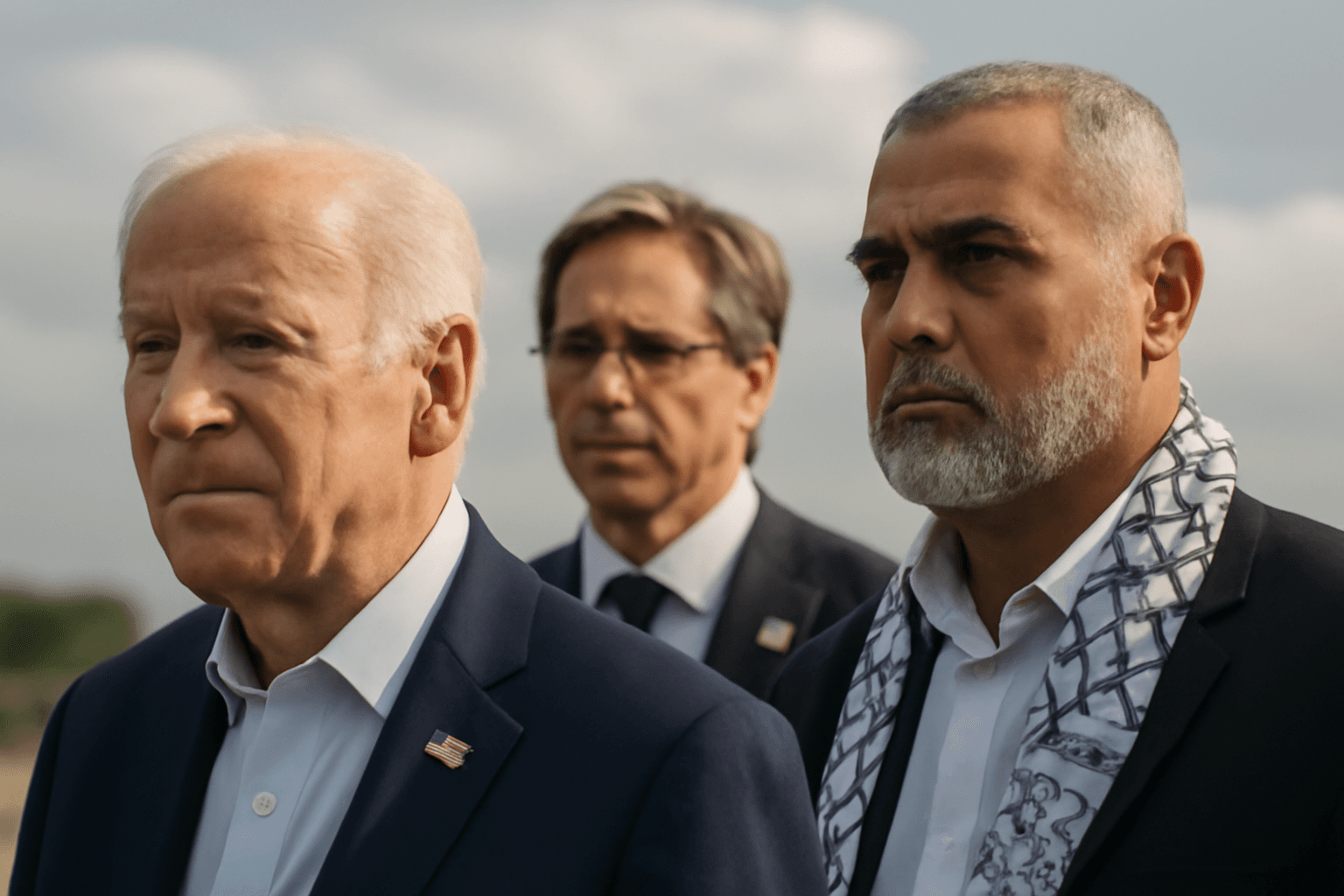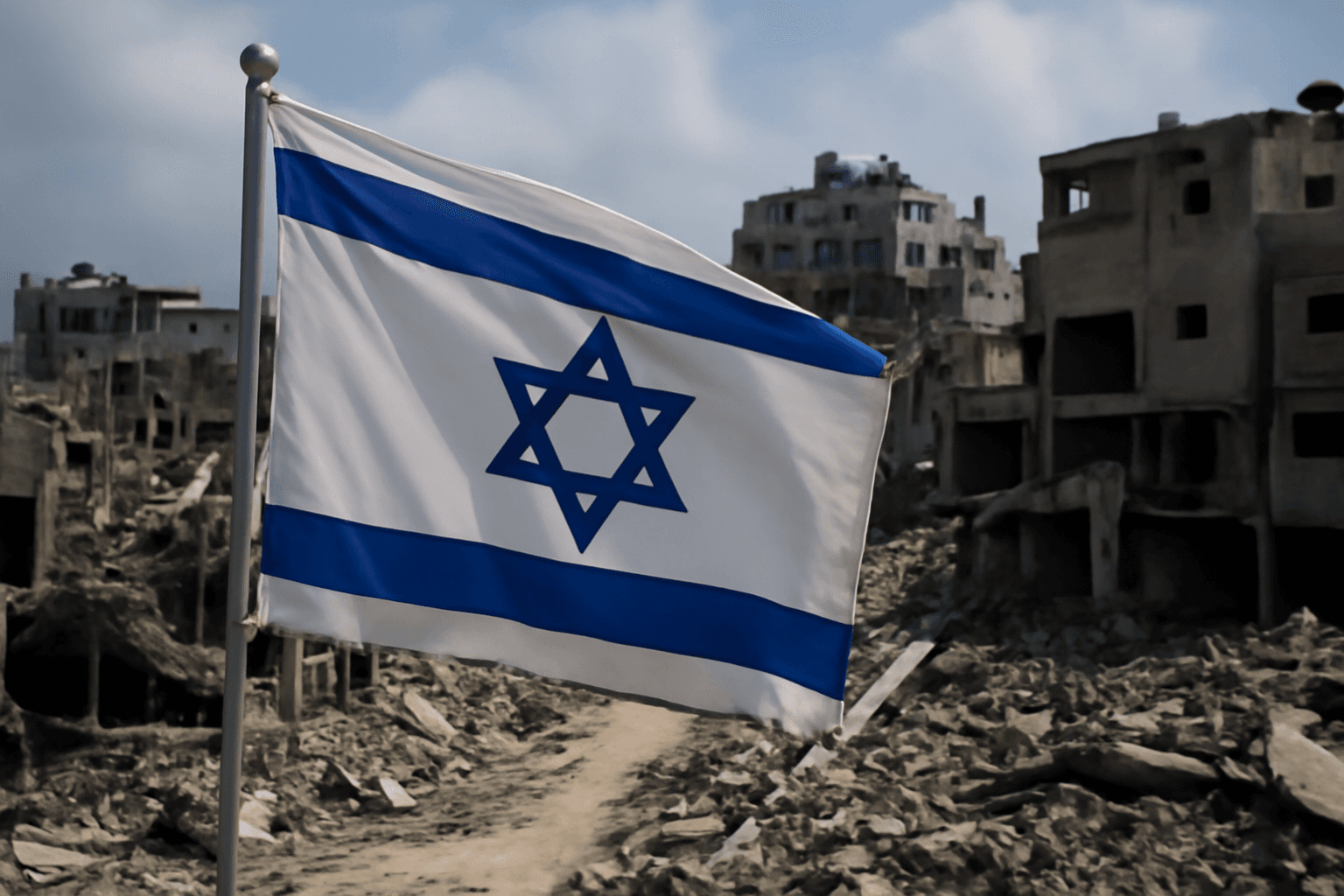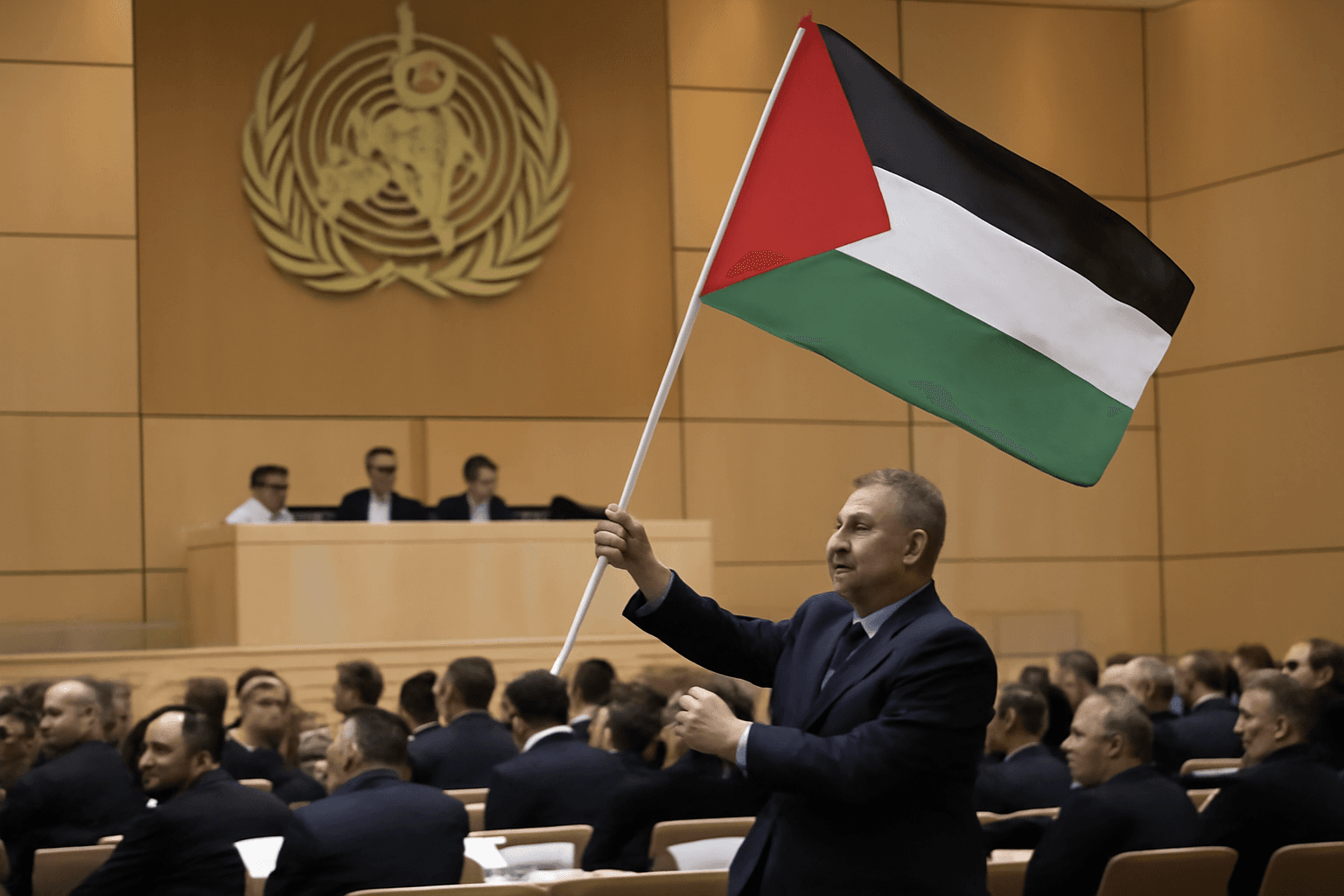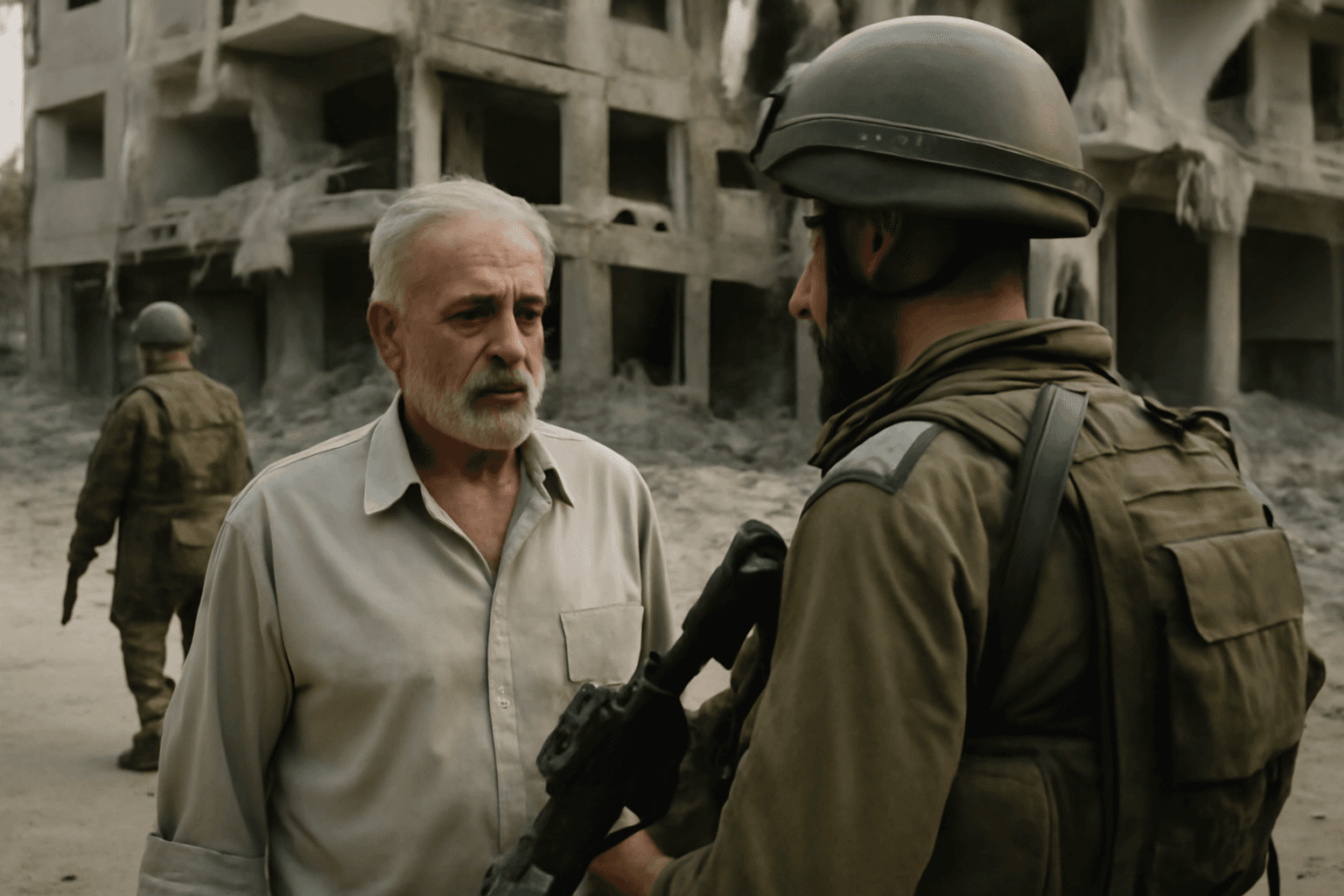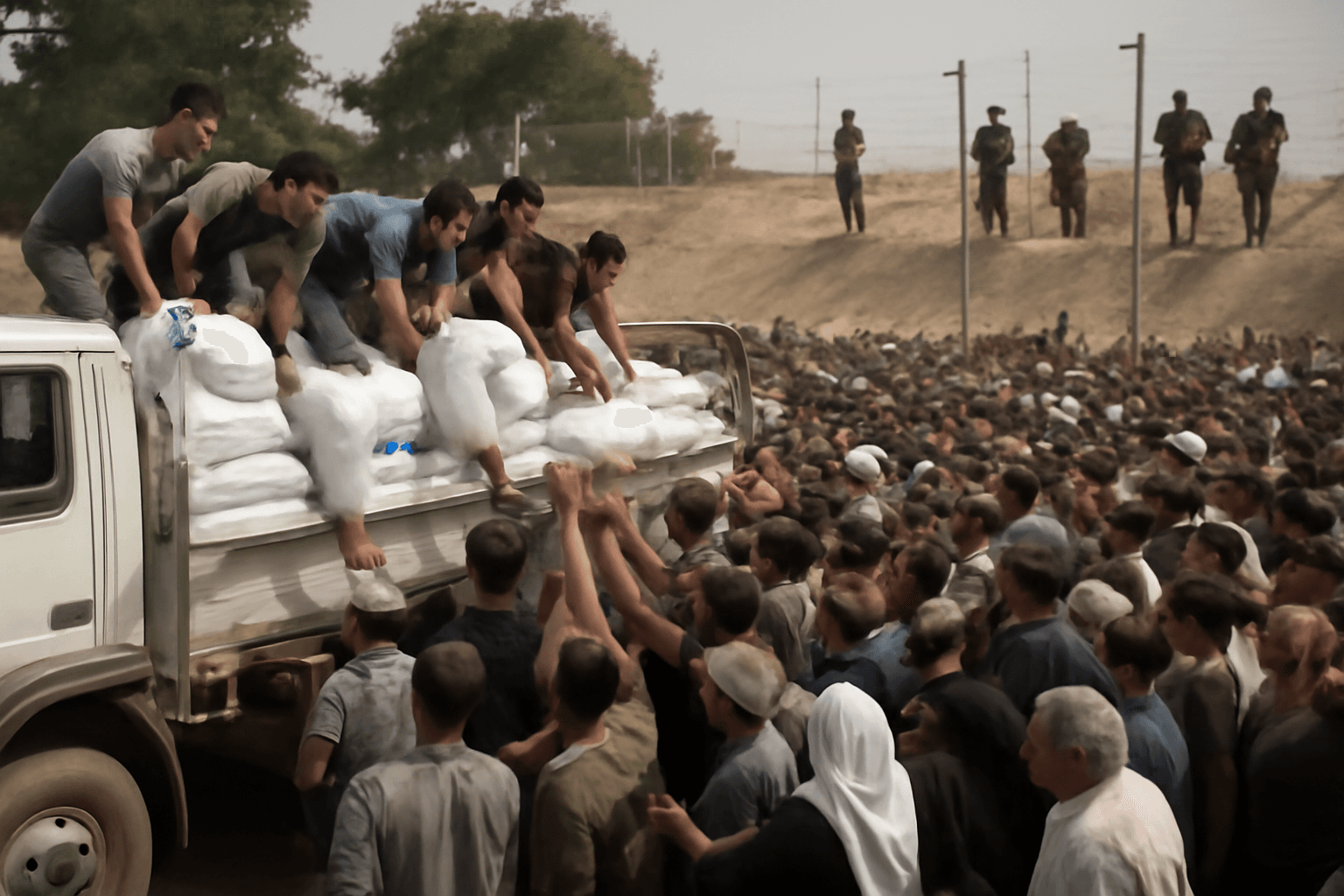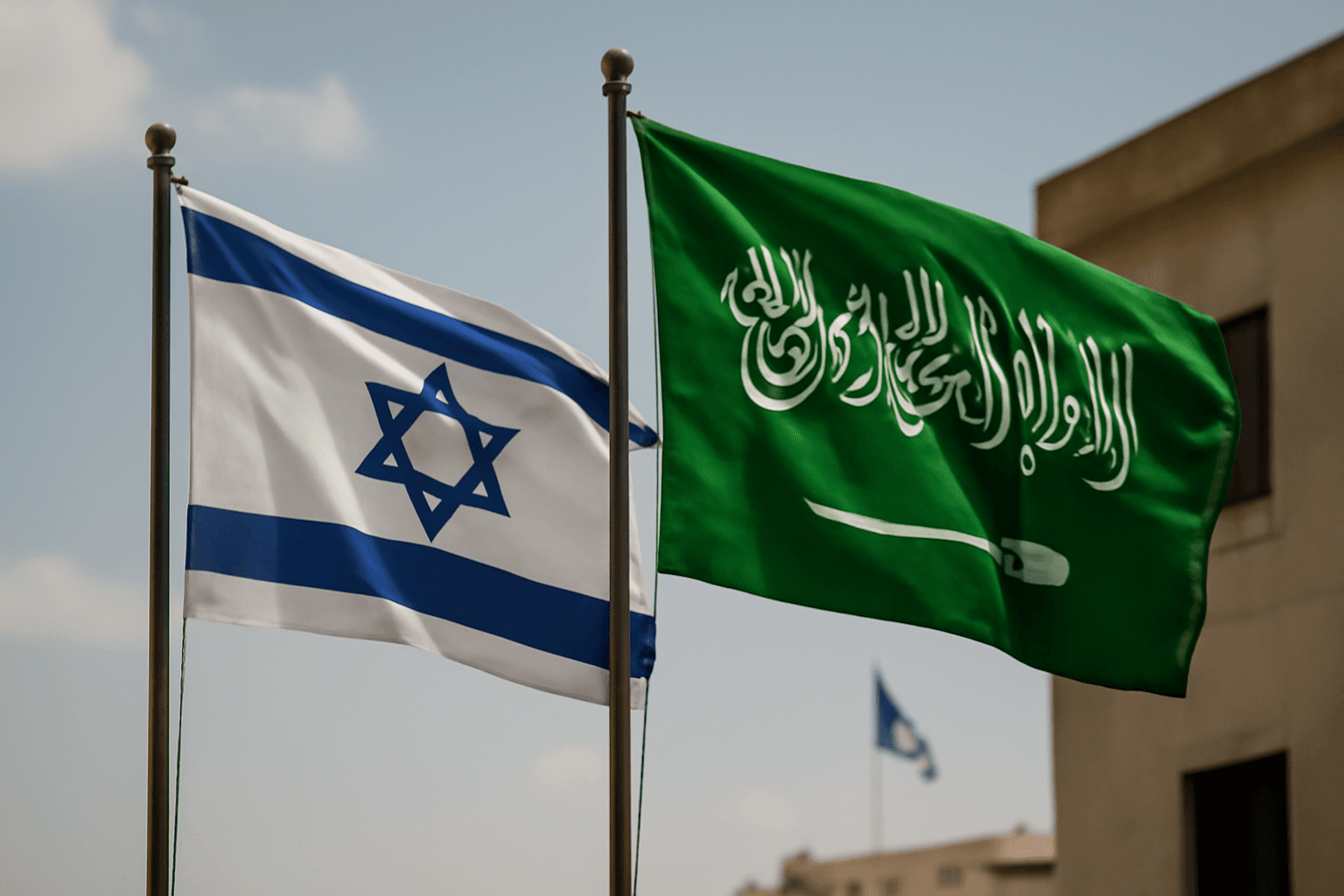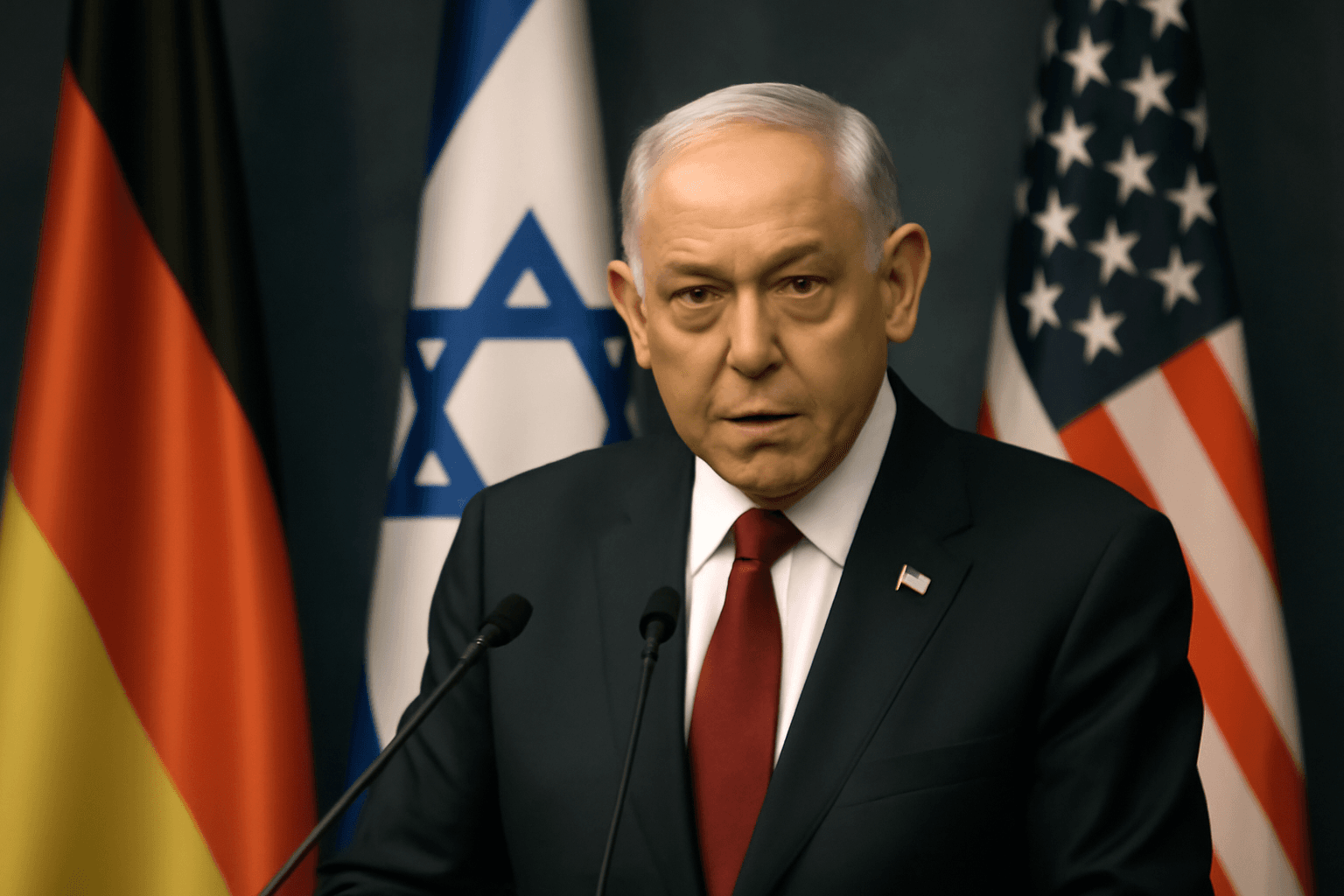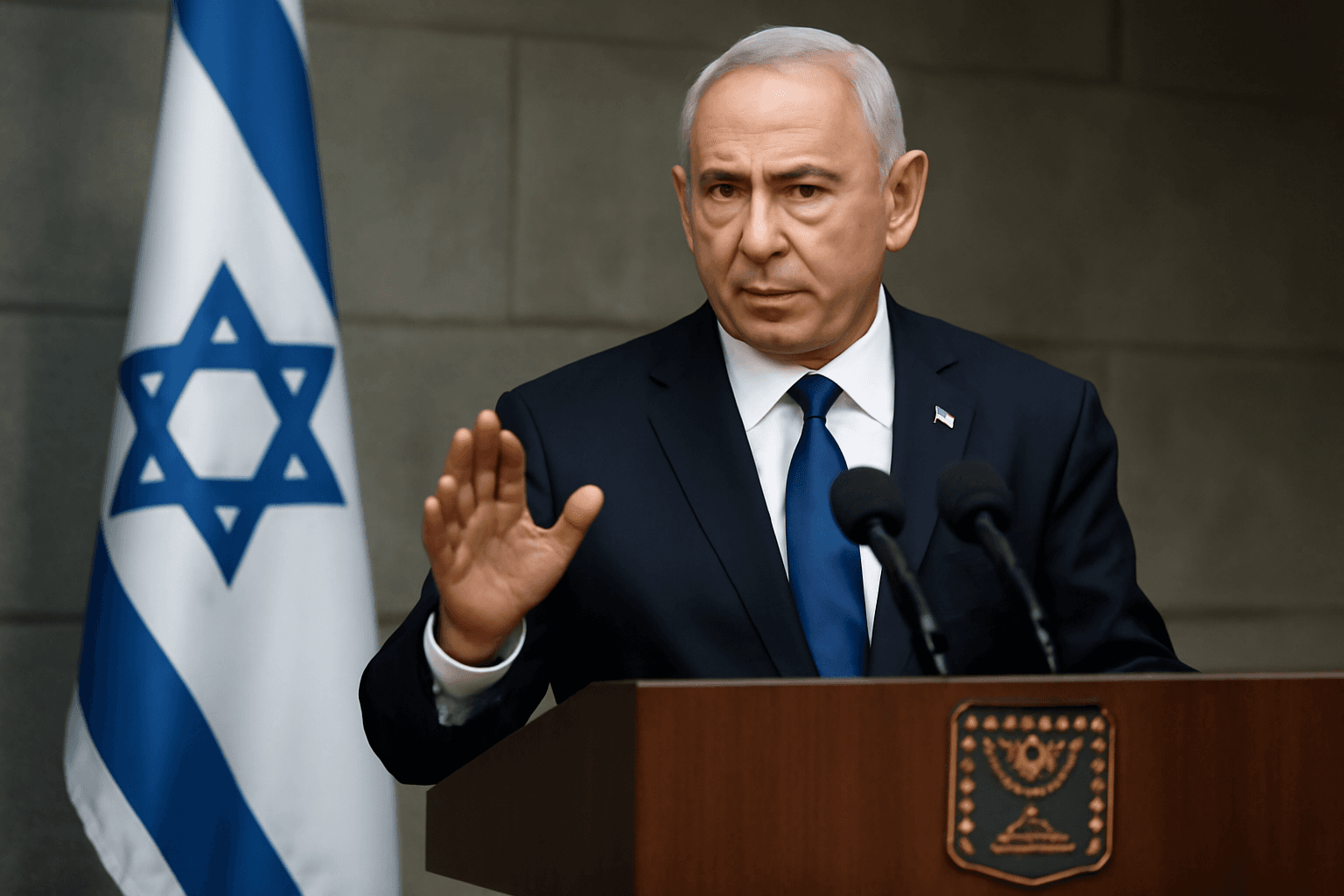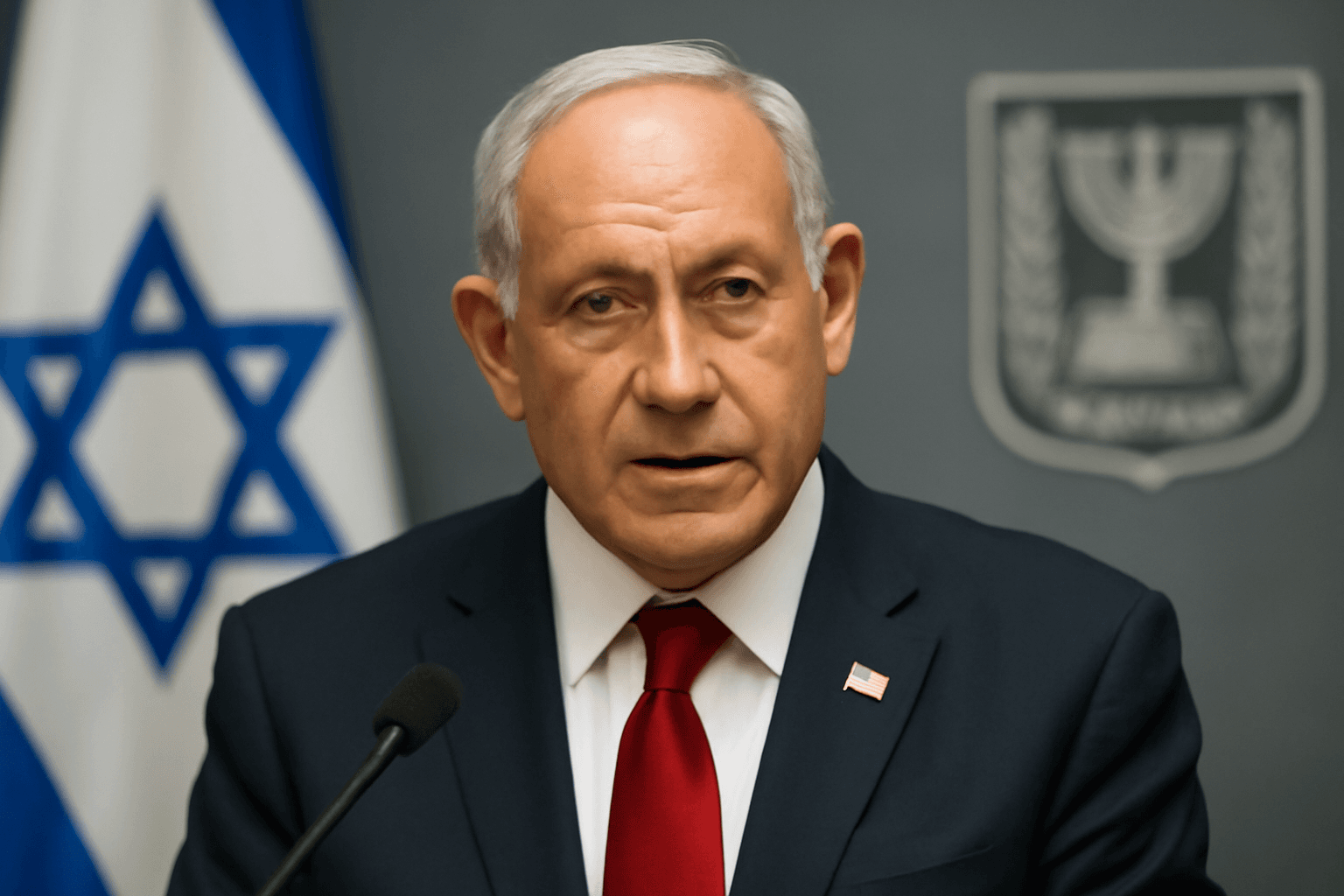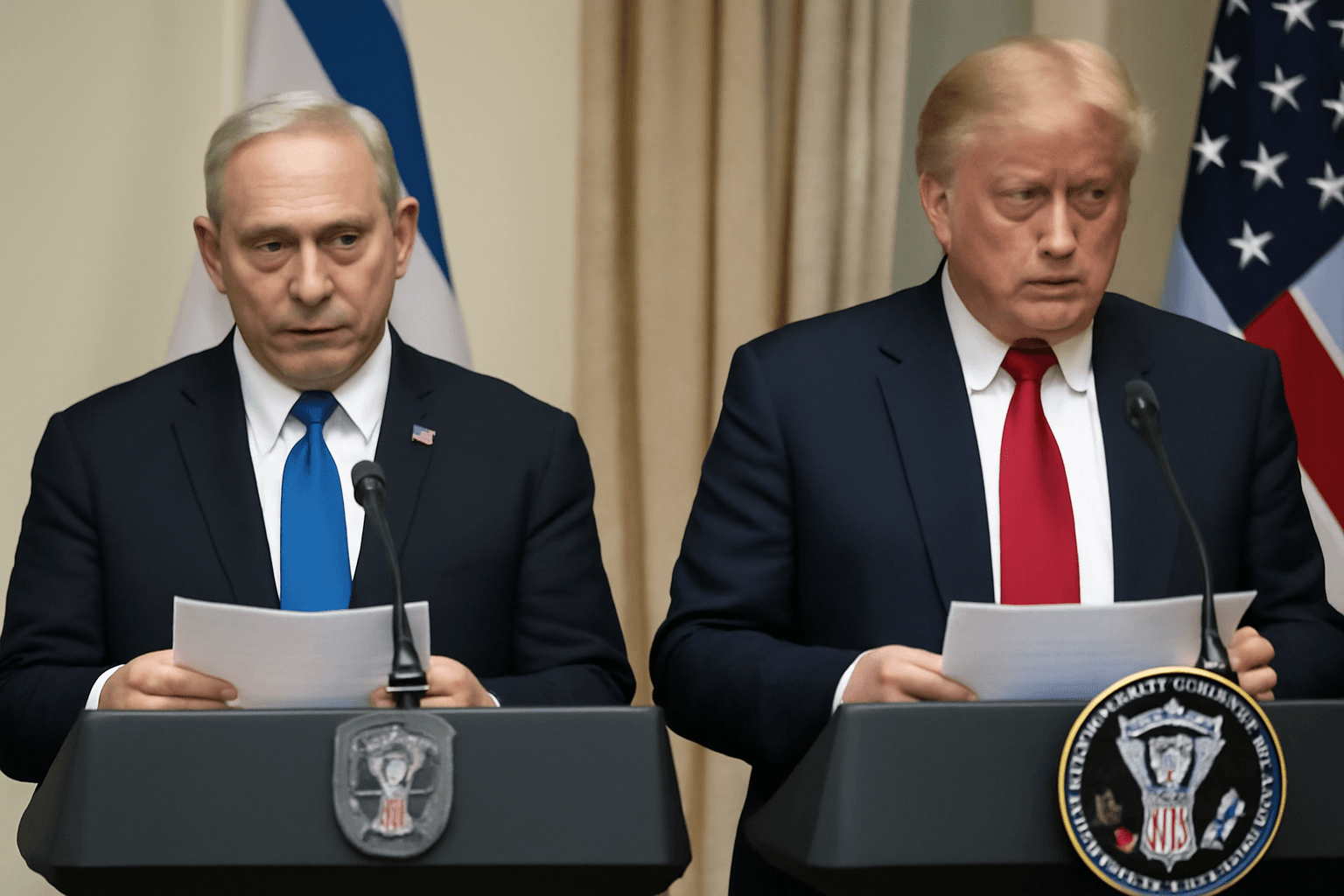The United States has introduced a 60-day ceasefire proposal aimed at halting the ongoing conflict in Gaza, according to a draft obtained by Reuters and confirmed by multiple sources. The plan includes provisions for the exchange of hostages and Palestinian prisoners, alongside immediate humanitarian aid delivery upon Hamas's acceptance.
Under this proposal, Hamas would release 28 Israeli hostages—both living and deceased—within the first week. In return, Israel would release 125 Palestinian prisoners serving life sentences and transfer the remains of 180 Palestinians. The ceasefire plan receives backing from the United States, Egypt, and Qatar.
A permanent ceasefire under the plan would lead to the release of the remaining 30 hostages Hamas holds.
Israel Accepts, Hamas Expresses Reservations
The White House confirmed on May 29, 2025, that Israel has agreed to the ceasefire terms. Israeli Prime Minister informed hostages' families about the government's acceptance.
However, Hamas is cautiously evaluating the proposal, expressing that it falls short of their primary demands. Senior Hamas official Bassem Naim stated to The Associated Press that the draft neither addresses an end to the war nor alleviates the humanitarian crisis. Another senior Hamas representative, Sami Abu Zuhri, told Reuters that the plan echoes Israel's stance without commitments to end hostilities, withdraw troops, or guarantee sufficient aid.
Core Disagreements Remain
The ceasefire proposal marks the latest attempt by the US, Egypt, and Qatar to mediate peace since a previous ceasefire collapsed in March after two months. Fundamental disputes persist, with Israel demanding Hamas's disarmament and the return of all hostages before ending the war. Conversely, Hamas insists on retaining arms, full Israeli withdrawal from Gaza, and a permanent cessation of hostilities.
Hamas has shown willingness to relinquish political control over Gaza to an independent Palestinian committee responsible for reconstruction, contingent on a durable ceasefire agreement.
Humanitarian Crisis and Aid Delivery
The plan stipulates that humanitarian aid will begin entering Gaza immediately after Hamas consents. The Gaza Humanitarian Foundation, supported by the US, has expanded its aid distribution, delivering approximately 1.8 million meals. Despite efforts, United Nations agencies criticize the aid operation as insufficient and poorly managed.
Experts warn that Gaza's nearly three-month blockade has pushed its two million residents to the brink of famine. The World Food Programme and other relief organizations are urging for expanded and consistent access to deliver essential supplies.
Background of the Conflict
The conflict started on October 7, 2023, when Hamas militants launched a large-scale attack on southern Israel, resulting in approximately 1,200 Israeli deaths and 251 hostages taken, according to Israeli sources. Israel responded with extensive military operations in Gaza, which the Gaza Health Ministry reports have resulted in over 54,000 Palestinian deaths.
Currently, much of Gaza is devastated, with approximately 90% of the population displaced, many residing in overcrowded shelters and tents.
Sources: Reuters, Associated Press

